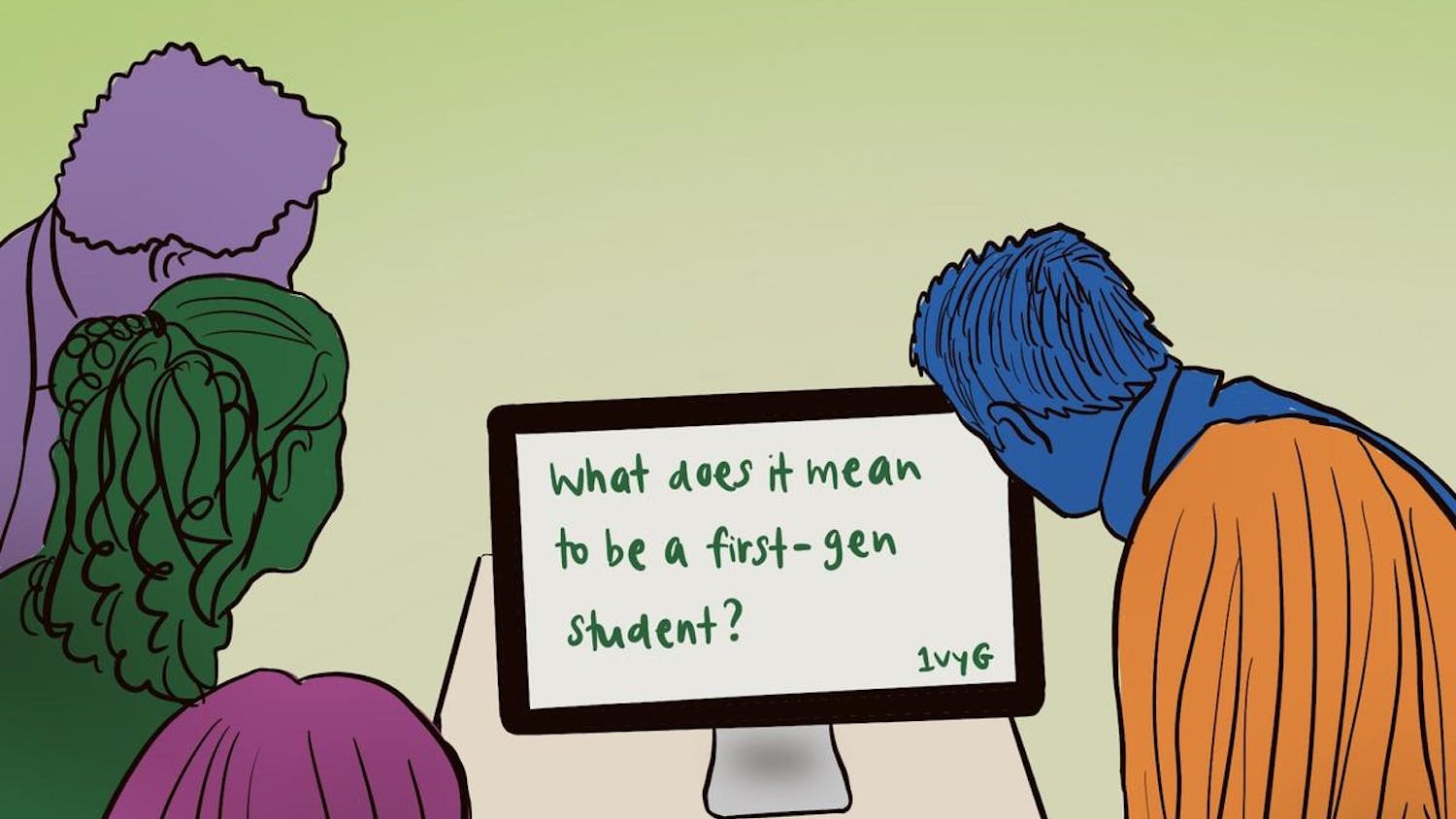What letter grade does President Biden deserve for his first 100 days in office?
The Taubman Center for American Politics and Policy and the Watson Institute for International and Public Affairs sought to answer that question and assess Biden’s presidential progress in a panel May 24.
With marks ranging from a firm A- to a tentative B+ and a staunch C+, the general consensus among the University faculty panelists was that Biden’s work varied across issues such as his domestic response to COVID-19, foreign policy and the efficacy of Vice President Kamala Harris.
Professor and Chair of Political Science Wendy Schiller noted a “sense of urgency” in the Biden presidency, especially within domestic politics relating to COVID-19.
“You don't have a sense from this president that he's got four years — even though he has four years,” Schiller said. “You don't get the sense from Biden that there's any time to waste.”
Wilson Professor of International and Public Affairs and Political Science Margaret Weir pointed to the rhetorical changes being implemented by the Biden administration as “recasting social policy as part of basic infrastructure,” citing the American Rescue Plan, American Jobs Plan and American Families Plan.
“These are policies that would bring American social policy to look more like the rest of the developed world,” Weir said of proposals like paid family leave, universal pre-K and other tax-based reforms.
“It's kind of a return to (the Democratic Party’s) New Deal roots,” she said, framing the reforms as a “New Deal 2.0.”
“This is an attempt to build a political version of the New Deal Alliance, but updating it with a strong gender and care dimension,” Weir added, also emphasizing that these reforms seek to address racial equality.
Taubman Interim Director Professor Richard Arenberg, another panelist, also commented on the Biden administration’s “discipline” and vigor in rolling out reforms. Arenberg, who spent 34 years working alongside legislators in senior staff positions, joked to Visiting Scholar in International and Public Affairs J. Brian Atwood that “this was not a part of the Joe Biden that we knew (in Washington) — quite the opposite.”
While some faculty applauded Biden’s COVID-19 vaccine rollout efforts, Director of the Center for Latin American and Caribbean Studies Patsy Lewis said she felt “uncomfortable” with attributing the effort to one individual, noting the necessary international and academic collaboration in creating the vaccines.
Lewis said she would give Biden a B+ grade when analyzing his domestic politics, but a C+ for the “rest of the world,” citing Biden’s initial decision to retain the Trump-era 15,000 refugee cap, which he later raised to 62,500 after facing criticism, and his hesitancy in backing the vaccine international property waiver.
Atwood noted that Lewis raised a “good point” in her analysis of the Biden administration’s international decision-making, calling the IP waiver a “very difficult decision” that will ultimately “be a big help in the long run.”
In addition to analyzing current domestic and foreign policy, the panel also examined Harris’s role in Biden’s first 100 days.
“I think she’s done very well,” Atwood said, noting her responsibility for the $4 billion Central American relief package.
“I’m not thrilled with the way (Biden has) given (Harris) responsibilities,” Schiller said. “He’s given her a really difficult task and nothing else,” raising the issue of a lack of visibility of Harris’ “portfolio” and presence in the Biden administration.
Professor of Political Science Corey Brettschneider, who raised the issue of voting rights amid suppression efforts during the panel, said a place for Harris’ “portfolio” is as the 51st vote in the Senate in fighting voter suppression.
“It’s a place for her to take a lead and make a case to the American people about what the history is here, what this is about and why it’s so important,” Brettschneider said. “I can’t think of a huger role.”

ADVERTISEMENT




